Sleeplessness can have an impact on our overall well-being, affecting everything from mood and focus to immune health. Many people fail to realize that what we eat has a significant impact on how well we sleep. Certain foods are high in nutrients that naturally promote relaxation and sleep quality, making them excellent options for a good night’s sleep. Let’s look at how these natural foods can help you sleep better.
Table of Contents
ToggleThe Link Between Nutrition and Sleep
Our diet has a direct impact on sleep patterns because it provides essential nutrients that help our bodies relax and prepare for sleep. Tryptophan, magnesium, and melatonin are known nutrients that promote sleep. Tryptophan increases serotonin, which promotes relaxation; magnesium calms the nervous system; and melatonin regulates our sleep-wake cycle. By including these nutrients in our diets, we can help our bodies get deeper, more restful sleep.
Here are Top 10 Foods to Beat Sleeplessness:
1. Almonds: Rich in Magnesium and Sleep-Boosting Nutrients
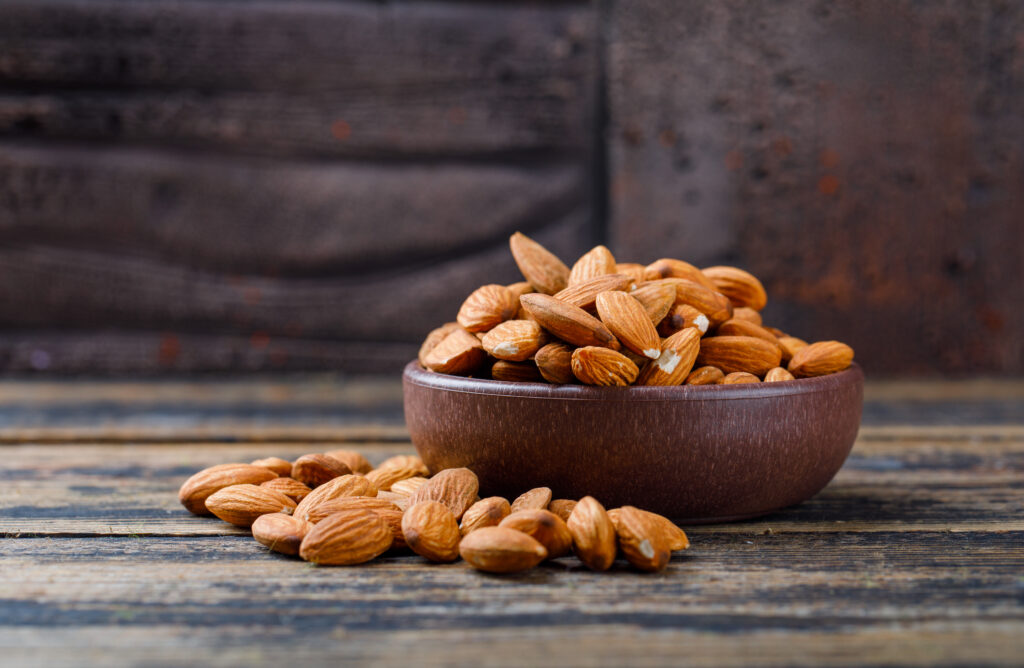
Almonds are an excellent snack for anyone having sleeplessness. They are high in magnesium, a mineral that promotes muscle relaxation and reduces stress, both of which are necessary for a good night’s sleep. Almonds also contain healthy fats and fiber, which help keep you full and reduce the likelihood that you will wake up hungry. A small handful of almonds as an evening snack, blended into a smoothie, or added to your favorite yogurt or oatmeal can all help you sleep better.
2. Kiwi: A Powerhouse for Sleep Improvement
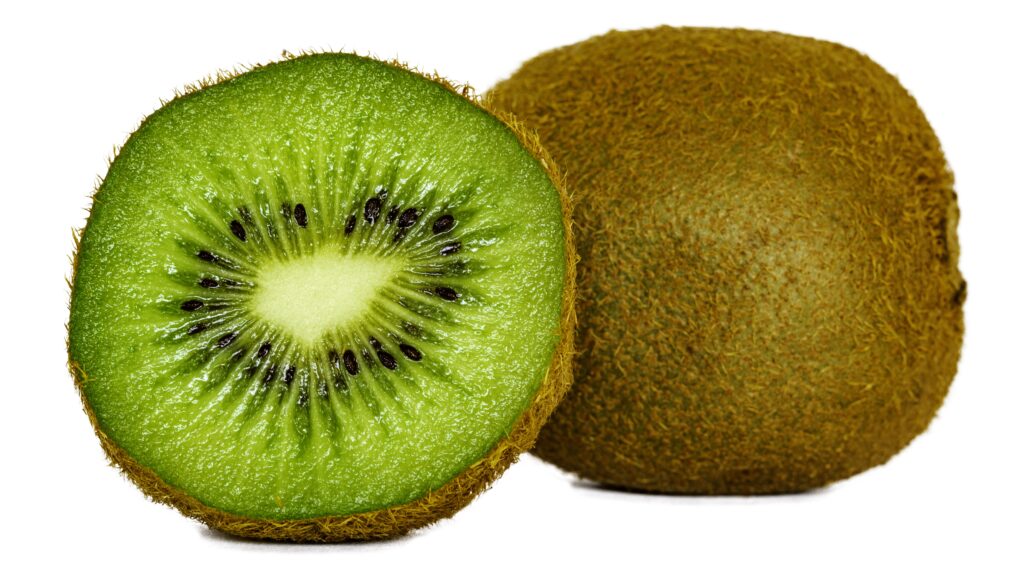
Kiwi is an impressive fruit for improving sleep quality naturally. According to studies, eating kiwi before bed can help people fall asleep faster and stay asleep for longer. This could be due to its high levels of serotonin, a hormone that regulates sleep, and antioxidants that reduce inflammation, both of which can disrupt restful sleep. Kiwi is high in vitamins C and E, folate, and potassium, all of which are essential nutrients that promote overall health and naturally combat insomnia. Having one or two kiwis in the evening could be a tasty and effective way to unwind before bedtime.
3. Warm Milk: The Classic Bedtime Drink
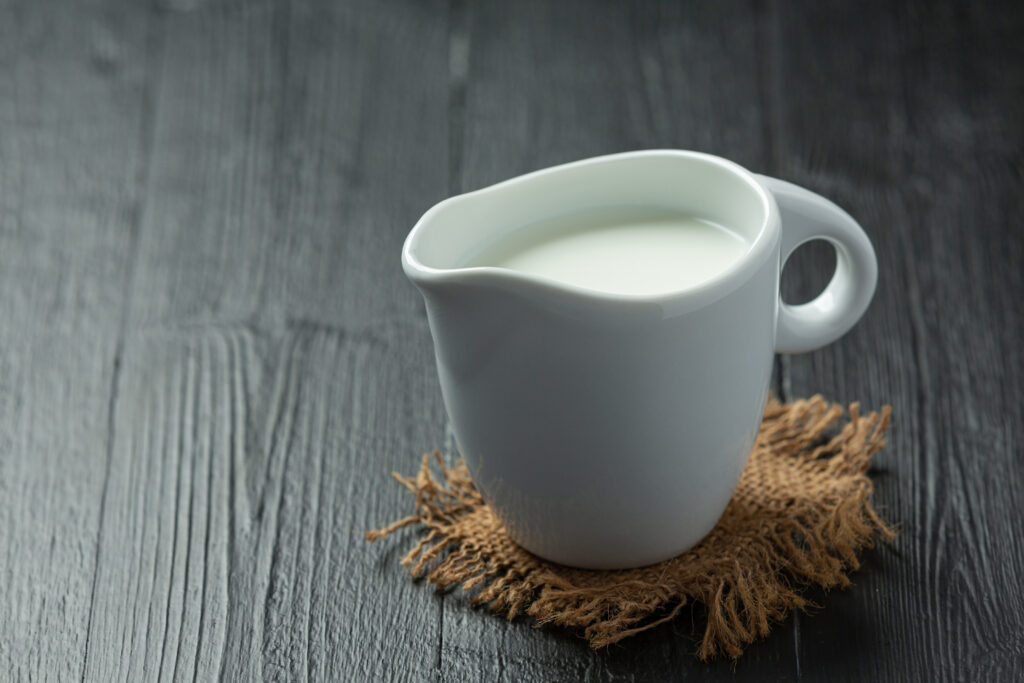
Warm milk has been a popular bedtime remedy for generations, thanks to its calming effects on the body. Milk contains tryptophan, an amino acid that promotes the production of serotonin and melatonin, two important chemicals that regulate sleep. A warm glass of milk before going to bed can help those who are having trouble sleeping. To keep it healthy, substitute cinnamon or nutmeg for sugar.
4. Walnuts: A Natural Source of Melatonin
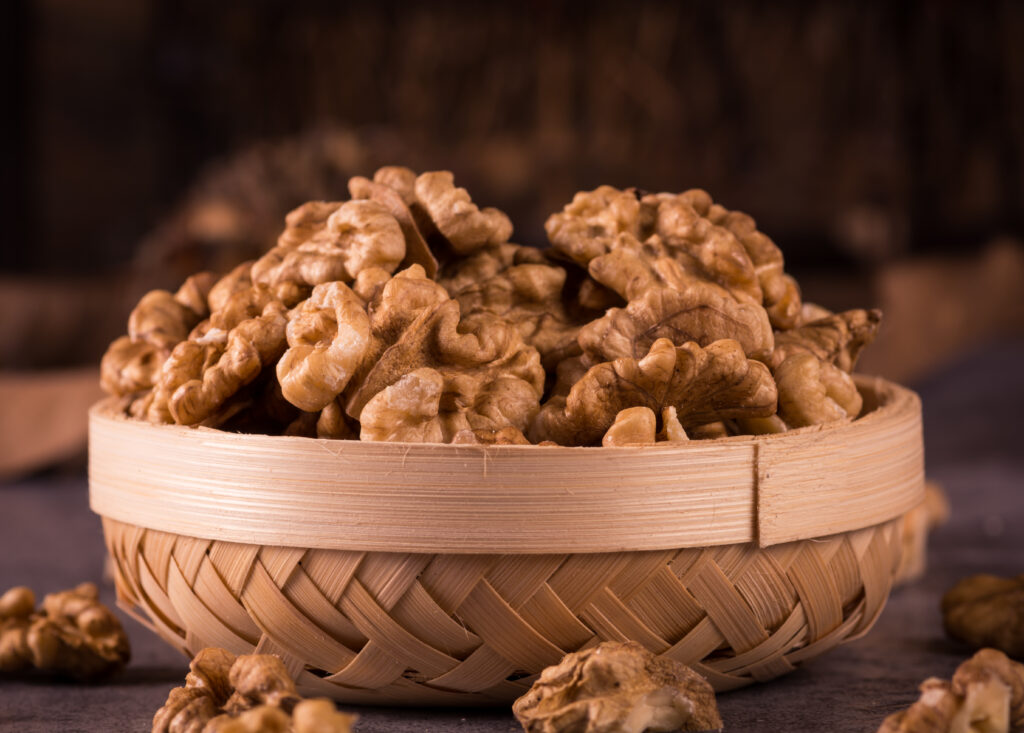
Walnuts are an excellent natural source of melatonin, a hormone that tells your body it’s time to sleep. Including a handful of walnuts in your diet can increase melatonin levels, reducing sleeplessness and improving sleep quality. Walnuts can be enjoyed by mixing them into yogurt, making a bedtime smoothie, or simply eating a few with a relaxing cup of herbal tea before bed.
5. Chamomile Tea: Soothing and Sleep-Inducing
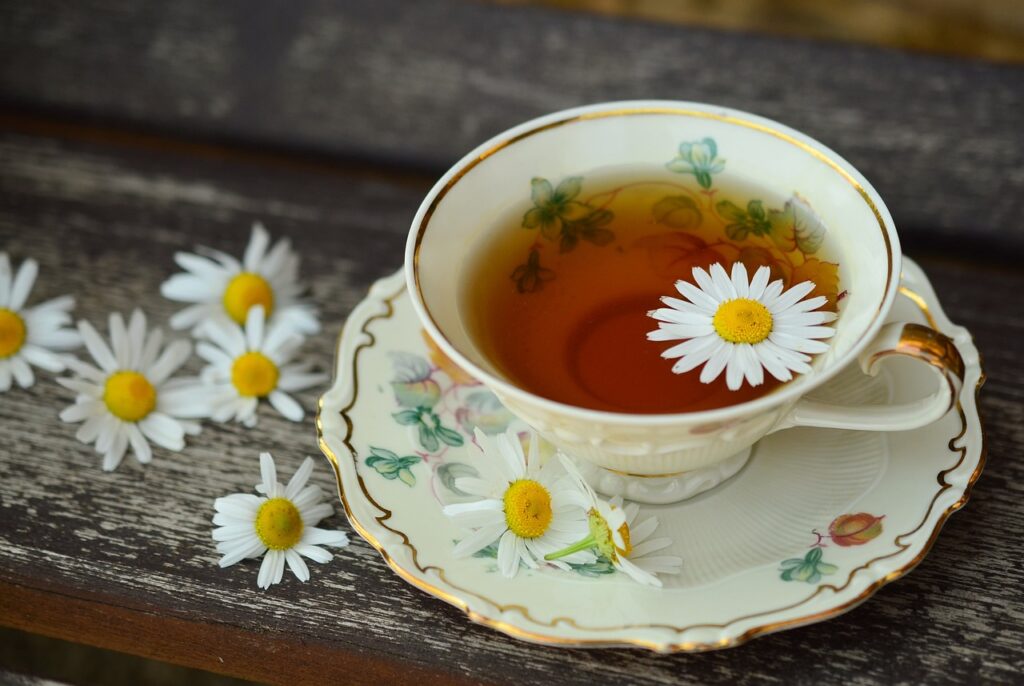
Chamomile tea is well-known for its soothing properties, making it a popular choice for those who struggle with insomnia. The key to its effectiveness is an antioxidant called apigenin, which helps calm the nervous system. Apigenin binds to brain receptors that promote relaxation, thereby reducing stress and anxiety. This gentle, natural remedy can relax the mind and body, making it easier to fall asleep.
6. Bananas: Packed with Relaxing Potassium and Magnesium
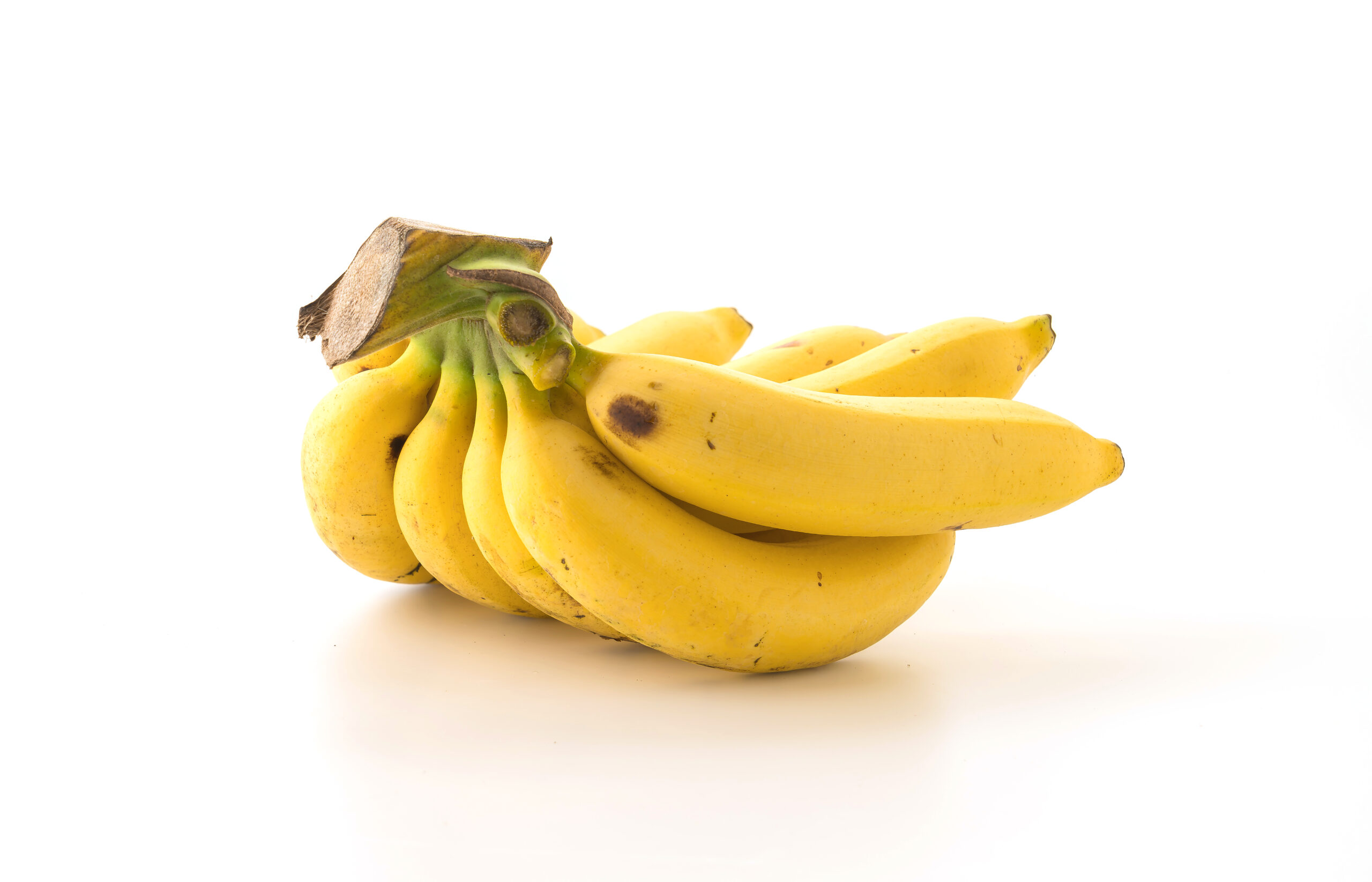
Bananas are high in potassium and magnesium, two minerals that help relax muscles and nerves, making them an ideal food to include in your evening routine. These nutrients can reduce stress and prepare your body for sleep, lowering your chances of insomnia. Try adding sliced banana to a nighttime smoothie or eating it as a snack with a sprinkle of cinnamon. It’s a simple and natural way to promote better sleep while also satisfying your appetite.
7. Turkey: A Protein-Rich Sleep Aid
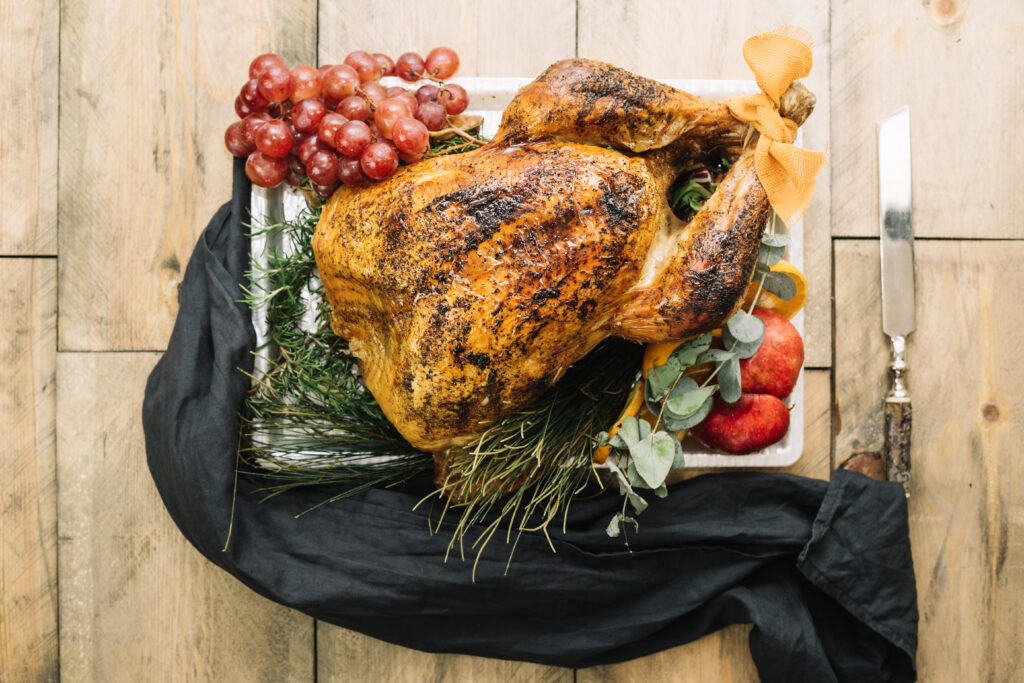
Turkey is high in tryptophan, an amino acid that aids in the production of serotonin, which is then converted into melatonin, the hormone that regulates sleep. This makes turkey a natural sleep aid that is ideal for combating insomnia. To reap the benefits without overeating, try incorporating a small serving of turkey into your dinner, such as in a turkey sandwich or a light salad. This will provide you with just enough sleep-promoting nutrients without overloading your system before bedtime.
8. Tart Cherries: A Natural Melatonin Boost
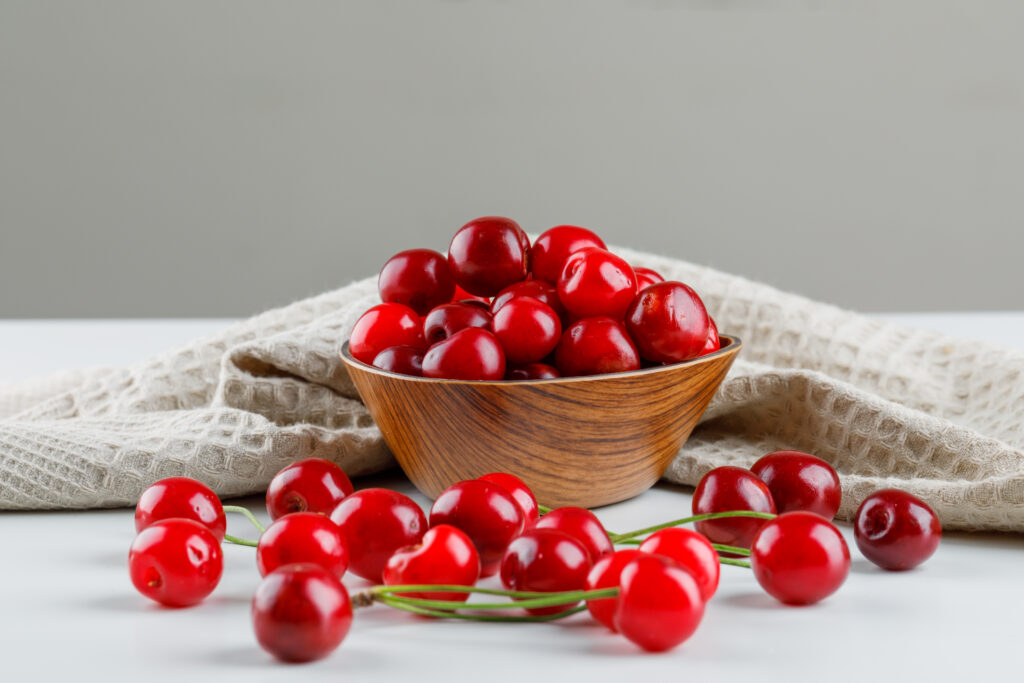
Tart cherries contain melatonin, a hormone that aids in sleeplessness. Drinking tart cherry juice or eating tart cherries can increase melatonin production, making it easier to fall and stay asleep. This is especially useful for those who are having trouble sleeping. You can eat tart cherries as a snack or drink tart cherry juice before bed to naturally improve your sleep.
9. Oatmeal: The Heartwarming Sleep-Friendly Carb
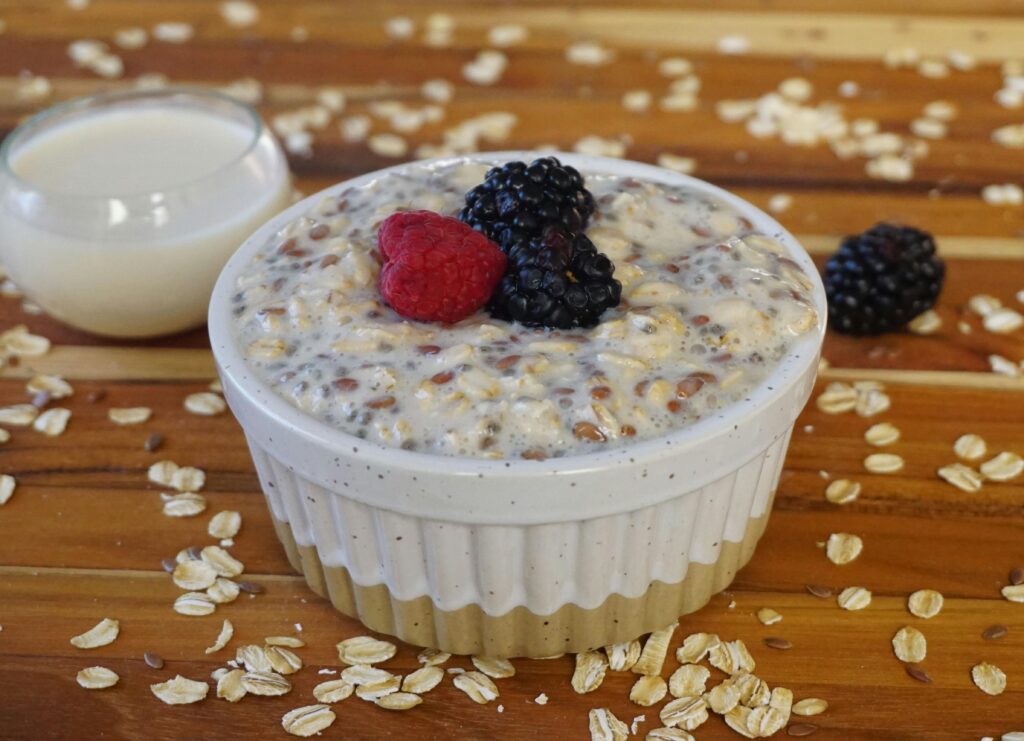
Oatmeal is an excellent sleep-friendly carb that can help you fall asleep more quickly. Oatmeal’s complex carbohydrates increase the availability of tryptophan, a sleep-inducing amino acid that helps calm the brain and relax the body. This makes oatmeal an ideal food to combat insomnia. For a light, soothing evening snack, make a simple bowl of warm oats, cinnamon, and banana slices. It’s a soothing, simple way to promote a restful night’s sleep.
10. Passionflower Tea: Herbal Sleep Aid with Unique Compounds
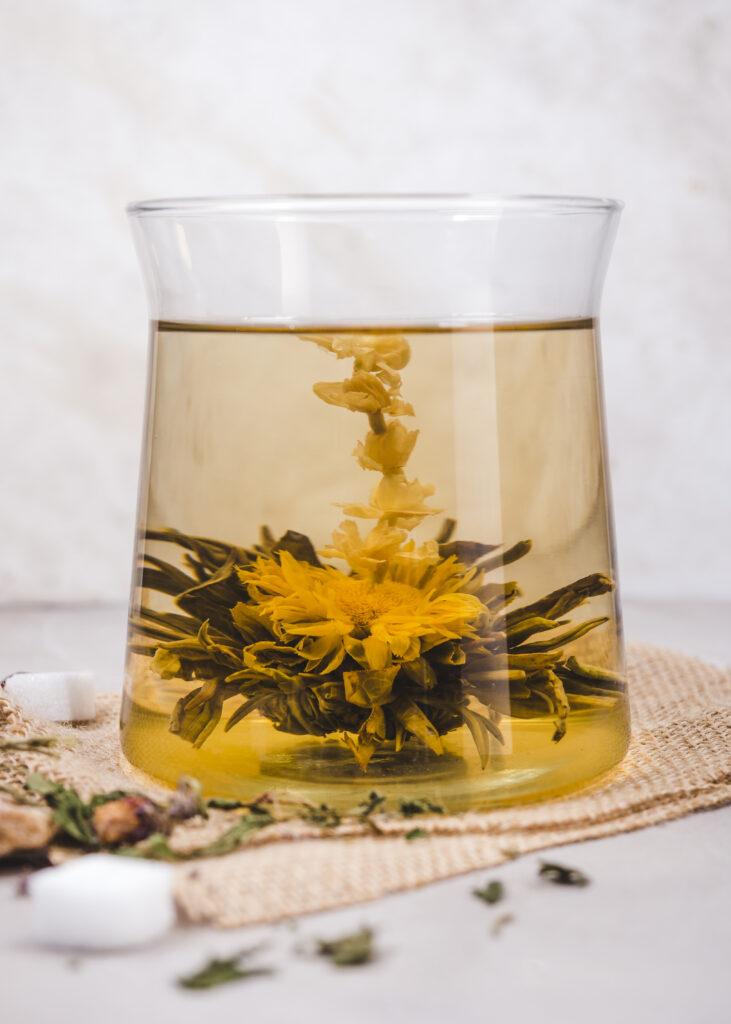
Passionflower tea is a natural herbal remedy known for its calming properties, making it an excellent choice for promoting sleep. It contains compounds such as flavonoids and alkaloids, which help to relax the nervous system, reduce anxiety, and promote better sleep. Drinking passionflower tea before bedtime can help with insomnia by gently calming the mind and preparing the body for sleep. To prepare, steep one to two teaspoons of dried passion flower in hot water for 5-10 minutes. Drink a cup of this soothing tea as part of your nightly routine to relax and get more restful sleep.
Conclusion
Finally, incorporating these sleep-friendly foods into your diet can help you sleep better by providing key nutrients that promote relaxation and reduce insomnia. Making gradual dietary changes can provide long-term benefits for better sleep. Remember that combining a healthy diet with a relaxing bedtime routine, such as reading or meditating, can improve your ability to fall asleep and stay asleep throughout the night.
FAQS
Yes, certain foods contain nutrients such as melatonin, magnesium, and tryptophan, which aid in relaxation and improve sleep quality naturally.
Almonds, bananas, and warm milk are excellent choices before bedtime because they contain sleep-inducing nutrients that can help you relax and fall asleep more easily.
It’s best to eat sleep-friendly foods 30 minutes to an hour before bedtime so that your body can digest and absorb the nutrients that promote sleep.
Yes, it is best to avoid caffeine, spicy foods, and large meals before bedtime because they can disrupt sleep and cause insomnia.
Yes, chamomile tea is known for its calming properties and can be safely consumed nightly to improve sleep quality and reduce anxiety before bed.